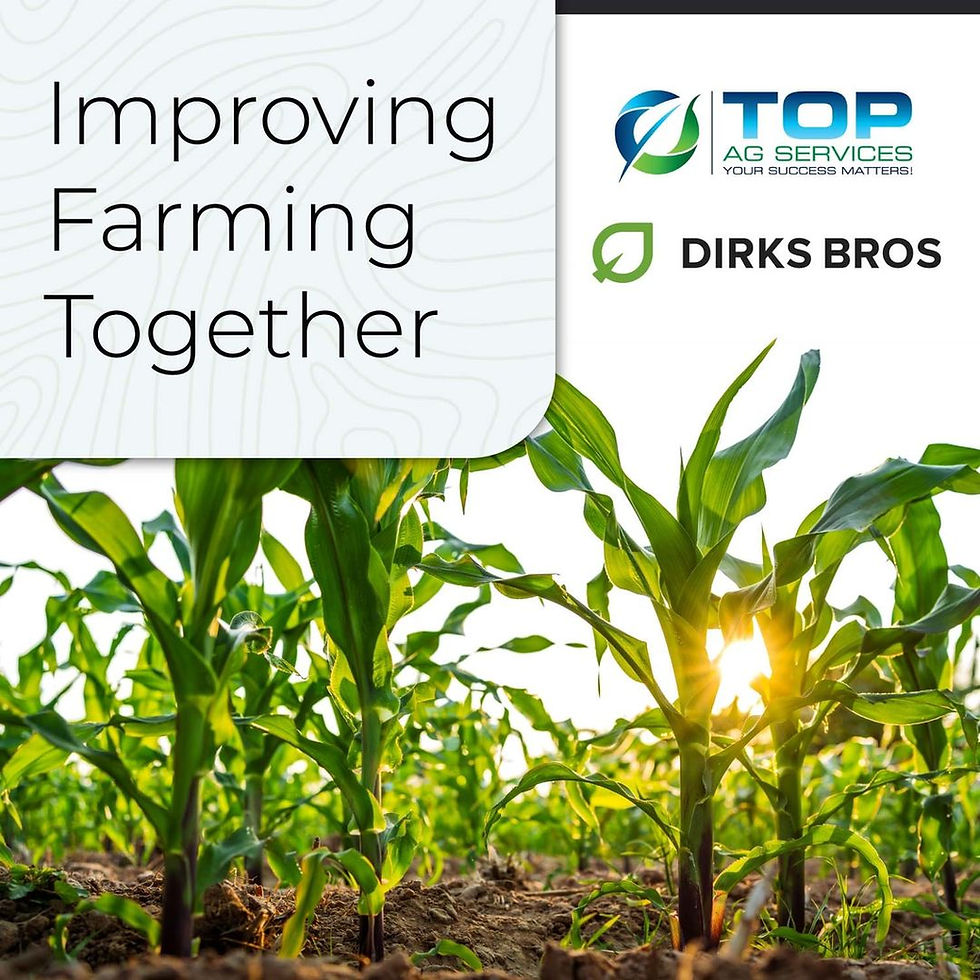Looking at Apps for Wheat Flowering
- Wendell Koehn
- Dec 27, 2022
- 2 min read

Due to the rain, you may not have been able to apply the insecticide/fungicide at Feekes 9. The good thing on this is the aphids were not at critical levels and nor disease pressure at Feekes 8 on the fields we inspected. Now, let's look at it like we always do when weather does not cooperate. We update the plan and start where we stand now. If aphids are still not critical (MU says 12-15/linear foot of row) and disease is not present it is recommended to wait till beginning flower (10.5.1) in which we have a relatively short window of 5 days from that point to apply for head scab. The effects of head scab can be devastating and a correctly timed app is profound in its Return On Investment (ROI). This is especially true in years of high humidity, like 2015. At that point, apply insecticide to control the aphids as well. The cues for beginning flower are anthers at the middle of the head. On some fields, we estimate the timeframe to be 7-10 days. Your fields will need to be scouted for a better estimate. Heads in full flower signal the end of this critical period.
I will include a tip from Kaleb Hellwig (BASF agronomist for our area): look at the first row of plants on the south side of the field to determine what the rest of the field will be at in a couple days. Also, we don't know what the weather will be like exactly. Heat units play a part here as well. However, your spray team should be scheduled soon to be ready for the time you estimate it to be. Calling them the day before is not a good option with all the work commercial applicators have lined out, and the short window that the work will have to be done in to apply. You can always postpone, if the wheat does not advance as fast as previously thought. I gave some thoughts on working through long term plans with adverse weather on another article that can be found here
As always, if you need anything, feel free to reach out anytime 417-684-5301 or wendell@topagservices.com
A Thank You to Contributors for this report:
Alex Long
Beck's Hybrids Agronomist for Missouri
Kaleb Hellwig
BASF agronomist for Missouri




Comments